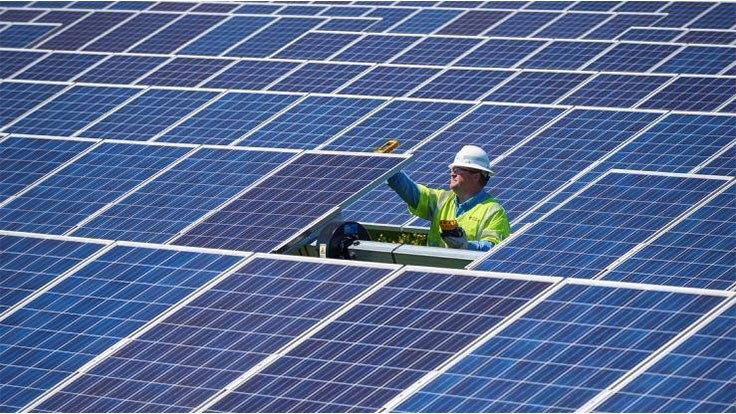Delegate Evan Hansen might need to work some mojo of his own to get his jobs bill passed.
When the Legislature reconvenes Jan. 9 Hansen plans to reintroduce his Modern Jobs (MoJo) Act in the Legislature for a second go-around.
Though his bill never even generated a hearing this year in the House Technology and Infrastructure Committee, he hopes for a better reception next time.
Undoubtedly, this legislation is going to face an uphill climb, again.
Regardless of it having some bipartisan support, it is still minority-sponsored legislation in the Republican-led Legislature. It also promotes renewable energy in what’s left of coal country. And as a rule, novel proposals usually take several attempts (years) to become law.
Finally, the biggest obstacle to Hansen’s MoJo Act might be that it’s being reintroduced in an election year, which prompts many lawmakers running for re-election to play it safe — not support new ideas.
In a sentence what this bill does is promote solar energy or power produced by cogeneration on formerly mined land.
More importantly, this is a bill that will actually put miners and others back to work in jobs for years to come and caters to power users seeking to use renewables.
Despite what we are led to believe, West Virginia’s electricity rates are increasing far faster than the national average. Since 2009, our state’s electricity rates have risen by 6.1% yearly, faster than any other state. The national average is 1.4%.
Though industries and manufacturers weigh any number of costs to do business in one state over another, lower energy costs are integral to their competitiveness.
More than 90% of our states energy is generated by coal-fired plants, which allows little opportunity for employers to seek a renewable energy source.
Furthermore, clean energy jobs are continuing to multiply by the tens of thousands yearly while employment opportunities in coal mines are few and far between.
Though the MoJo Act leapfrogs the coal industry, it still provides for making good use of former mine sites.
Not only does it provide incentives for large-scale solar energy production at former surface mines, it also takes into account other scarred mine properties for such installations.
On one last point Hansen makes it clear that his legislation is not trying to make value judgments on renewables over fossil fuels.
Indeed, it is simply addressing what markets value in 2020 and that is clean, sustainable energy sources.
We endorse Hansen’s proposal and urge every legislator to support this bill in next year’s regular session.
For some, coal’s role in our past may be our legacy, but it certainly need not curse our future.




